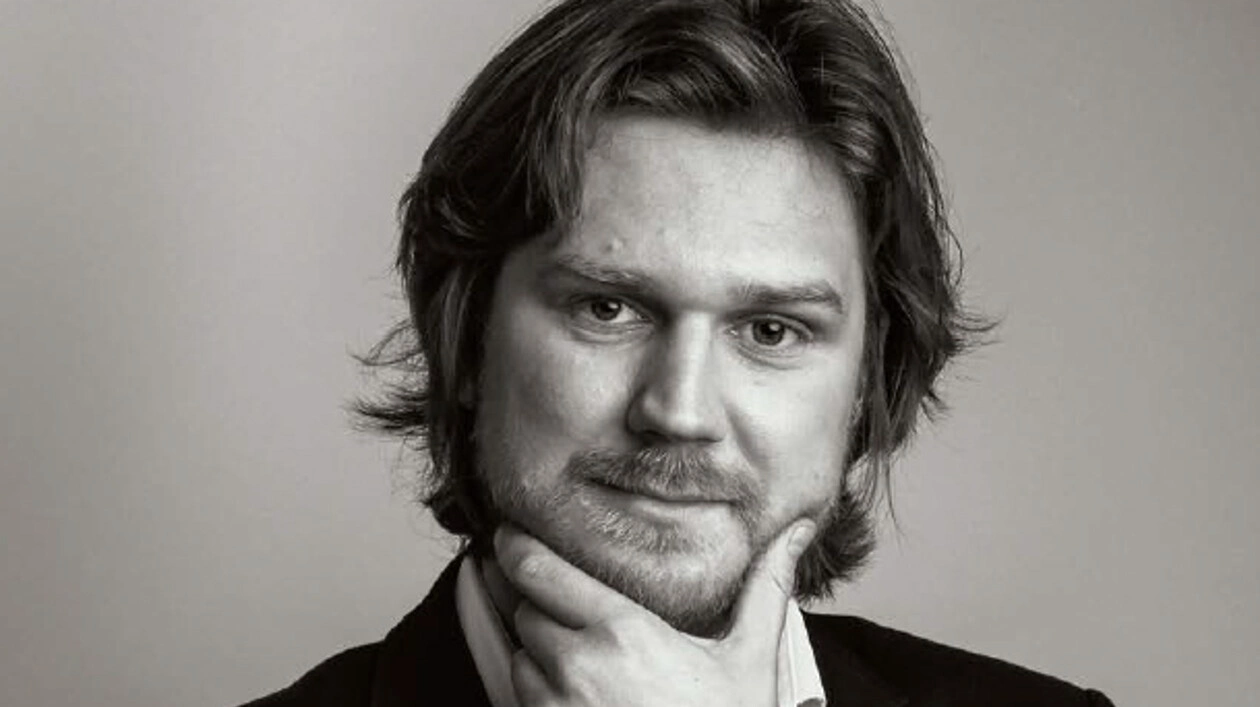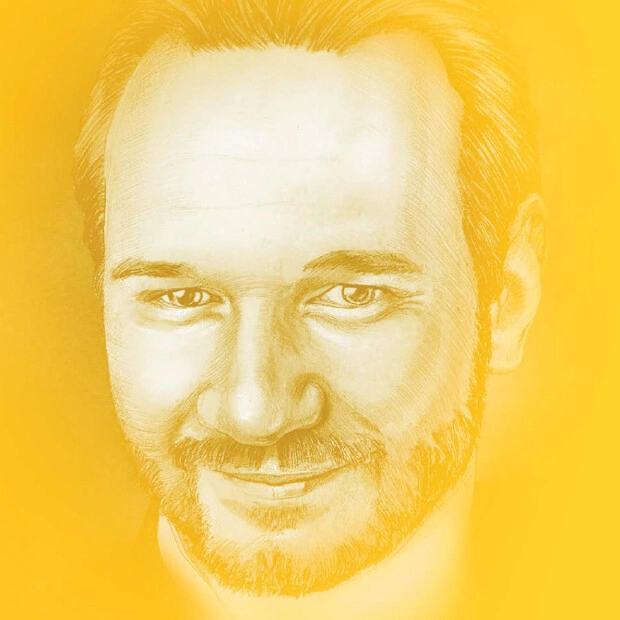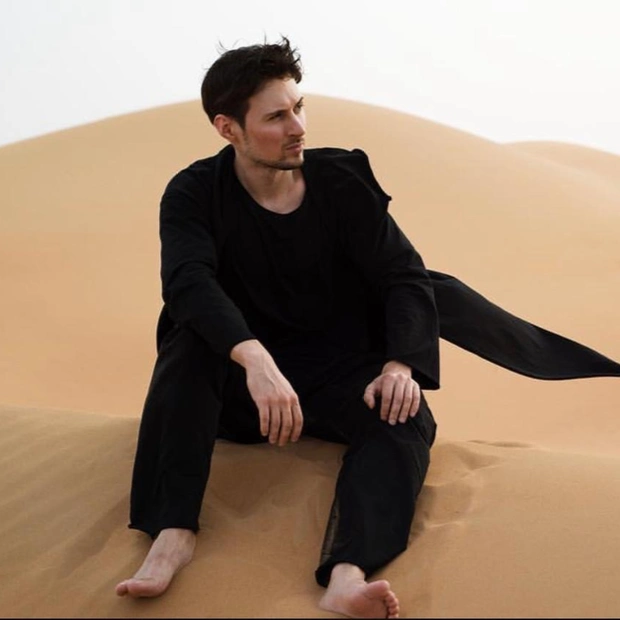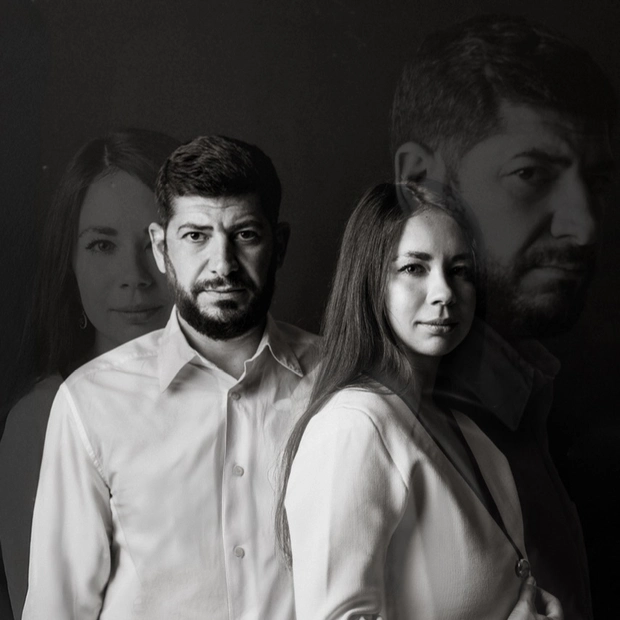One can argue that cinema is dead, or perhaps it is experiencing a rebirth. One can even forget about it in the hustle and bustle of every day's life, but all the same, there will be a moment when the power of it strikes you anew, this spectacle, greater than any other in the past two hundred years. Like with the arrival of aliens in Moscow's suburb Biryulyovo, in Bondarchuk's Attraction, endeavouring to remind us that love and tolerance are stronger than the madness of chauvinism. Or with the domestic hell of people who've forgotten about love, in Zueva's film Nearest And Dearest. Or Closeness, or Gupyoshka, or Mathilde… such different views on us and the world, though they're similar in one aspect: each one attempts to remind us that to be human is difficult and beautiful, and shows us that geographical spaces, and varying attitudes, do not make us any different. "Nothing matches cinema when it comes to bringing people together, destroying walls, and overcoming the barriers of misunderstanding". So believes Filip Perkon, general producer and founder of the Russian Film Week in Britain.
Foreigners have a lot of stereotypes about Russia. "These Russians" have always drawn others in by the twists of their enigmatic Slavic souls. A lot of people today are interested in whether this idea holds true, and one of the best ways to obtain this understanding is through the art of film.
Russian Film Week is a platform where people are able to watch not only the most interesting films of the past year that have been made in Russia, but also about Russia. Here, politics stops and creative discussion begins. My dialogue with this, the largest country on the planet, began when I, as a teenager, first set foot in the land where my parents were born.
I've never lived in Russia. My parents are Russian, having moved to Stockholm from St. Petersburg. I sometimes came to visit my grandparents, but I was born and raised in Sweden, and went to school in the UK. I am a fellow countryman who has always lived abroad. However, Russia became really interesting to me around the time of my adolesence. My historical motherland… this country always seemed peculiar, unlike any other country in the world. My parents told me a lot of stories about it; I watched various Russian films, read Russian books, but it wasn't until I was seventeen that I actually came to Moscow for the first time. It was then that my interest in Russian culture, its history, the history of its Tsar's autocracy and of the USSR, first awakened.
This was the impetus for creating the Russian Business Week at the London School of Economics it's the largest Russian forum and debate class in the academic world. Businessmen, scholars, high ranking officials: everyone who works with or is interested in Russia comes. They tell students and young people about what's happening in this country. This, and all my subsequent projects, have been connected with Russia cross culturally, through communication with different countries: Russia-England, Russia-USA, and so on. Why is this important? I believe that through culture, it's possible to build bridges. Between individuals and between whole nations. In everything that my team and I do, we are supported by both Russian and local authorities here, in the UK. In London, they gave us access to movie theatres and various other venues for our Russian Film Week; in Russia, the Ministry of culture gave us funding. We are seeing that our festival, our films, art in general, brings people together. This is not so in other areas of life because of the difficult political climate in the world. My project in Russian film helps build another cross cultural bridge.
Last year was officially named the Year of Cinema in Russia. There came an initiative to show Russian films in London. This evolved into the idea of creating a whole festival with awards for Russian and foreign films and with a very solid international jury. Later we added workshops, an exhibition program we wanted to showcase not only the films, but also the Russian cinema culture. This year, Russian Film Week is taking place already in several cities across the UK.
We also have our Golden Unicorn awards as part of the festival. The contending films are a sampling of the best work being shown to the general public during the Week. Why such a name? The unicorn is a mythical animal, which appears only to the chosen few. It's a wonderful image for an award. Additionally, the symbols of Great Britain are a lion and a unicorn they appear on the country's coat of arms. What is not so well known is the fact that the unicorn was a symbol of Russia under Ivan the Terrible, and was on the Tsar's official signet. These signets, which have been preserved through history, were made of gold as are the statuettes we present to our winners.
We have our own approach to choosing the winners. Russian films are assessed by an international jury, whilst a Russian jury watches the selected foreign films about Russia. We get the viewpoints of different people whose work is related to film. We consider that international cine-matographers would be interested in how Russian society perceives films about Russia that are made in other countries. We hope to show this particular selection of films to the Russian audience as well.
It is wonderful that there are Russian films making it to the Cannes and Venice Film Festivals, but this is on the strength of a handful of films per year, and they do not fully reflect the film industry of the country. This is why our project is to open wider a window into the Russian film culture. It's our hope for Russian Film Week, that in time it will become the world's most respected platform for films made in or about Russia.
And you know, this dream doesn't seem so utopian to me at all!






